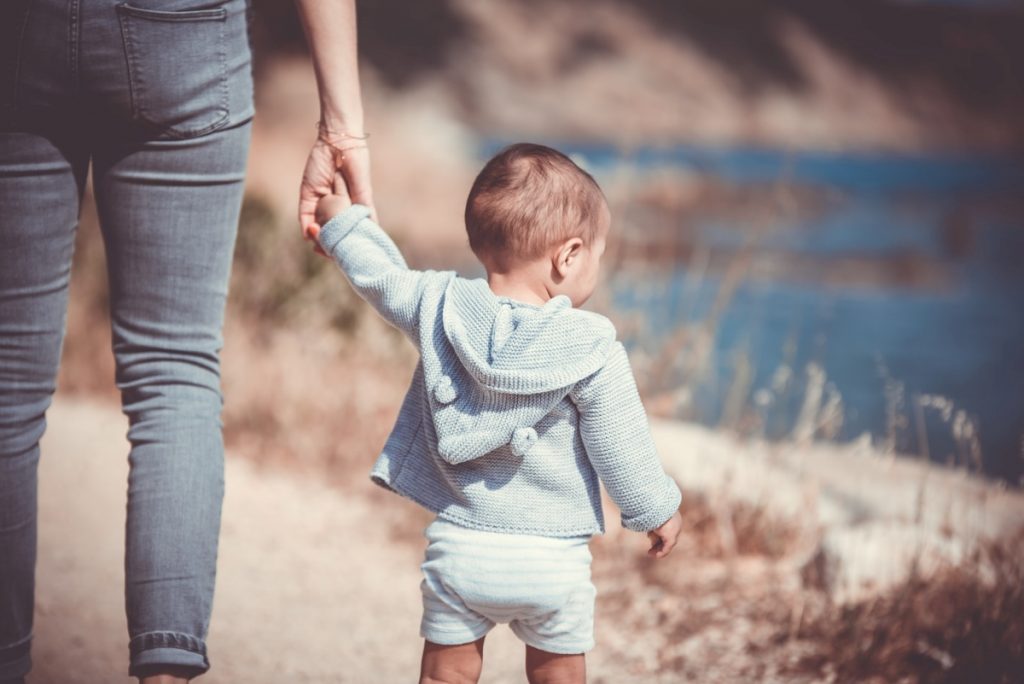
Home – it’s a word that is synonymous with comfort, family, safety, and love.
We’ve all been home more this year, whether by choice or government overreach, but sometimes being home all the time can be isolating.
Some experts are now warning that, despite media-driven panic and the mandates and guidelines we’ve been living under, all this isolation can do more harm than good – especially to children.
As we enter cold and flu season, along with the continued impact of COVID-19, many medical experts and government officials continue to encourage us to stay at home as much as possible.
Schools are still in flux, not yet making decisions on how and when to send kids back to the classroom full-time this fall.
There is debate on both sides, and everyone seems to have an opinion, but it seems the media is only reporting with scare tactics that we must stay home – or else.
The problem is, what is this isolation doing to our bodies, especially those of our developing children?
We’re all hearing a lot right now about achieving “herd immunity,” and this is an important part of eradicating any type of illness. Our bodies are made to fight off bacterial and viral invaders, but if we’re always home, that will never be achieved.
Being exposed to both good and bad microbes in childhood allows immature immune systems to begin to recognize what is good and what is bad when it enters the body and react appropriately.
Not only is isolation preventing this natural immune development, but the barrage of warnings to constantly use bleaches and sanitizing products can also further destroy that immunity.
Yes, they help destroy the bad bacteria and viruses that make us sick. But if we’re never exposed a little at a time, our bodies will never learn to fight them off – and these products can weaken the immune system response while destroying good bacteria.
All viruses are not created equal. Some, like the respiratory virus RSV, can be very dangerous to the very young, and there may be evidence cases of that virus are lower this year while we’ve all been in “quarantine.”
But many other viruses — for example, those that cause mononucleosis, measles, mumps, chicken pox and others — are much harder on older children than if a child is exposed and either develops symptoms or fights off these illnesses at a younger age.
In teens and adults who come down with these viruses because they were not exposed when young, the resulting illness can be debilitating.
Many of the viruses we’ve known about for decades have been around much longer, evolving and changing as they’re passed from human to human – but also allowing our immune systems to adapt and strengthen right along with them.
The very act of children frequently playing with other children exposes them to a variety of microbes that present the immune system with “challenges” that strengthen it along the way.
In fact, some in the medical community have determined that people with healthier immune systems are those who are more often exposed to germs. We see this in the “teacher” who never gets sick because she was exposed for years to a wide variety of germs and has built an excellent immune system response.
This same concept seems to apply to allergens as well. When we are exposed to things, like pets, when we are young, we tend to build up immunity to a particular allergen so that it doesn’t affect us.
Fostering the body’s natural immune response is one of the main reasons that many pediatricians have been prescribing antibiotics less and less over the years.
Bacteria eventually become resistant to them, and the body is not allowed to learn to fight these invaders on its own – a double-whammy that leads to compromised immunity.
The bottom line is, while we certainly don’t want our children to be exposed to deadly viruses or bacteria, we also cannot keep them inside away from people, places, and things on a long-term basis.
Experts note the immune system is a complex network, and we may never understand all of its intricacies.
But we are designed to fight off things that will do our bodies harm, and there may be more danger in keeping our kids away from the world to keep them healthy than if we just allow our bodies to do their jobs.
For now, it’s important to remain cautious and do what we feel is best in our own individual situations, but it is also important to get outside and get exercise, eat healthy foods, and see friends and family.
These things are important for us all to pay attention to, and isolation can also have even more devastating effects on young children who have not yet matured socially or emotionally.
Isolation can lead to mental health issues and, as we all know, mind and body are invariably connected.
So, stay healthy out there and maximize your body’s potential by building good immunity in any way you can!
